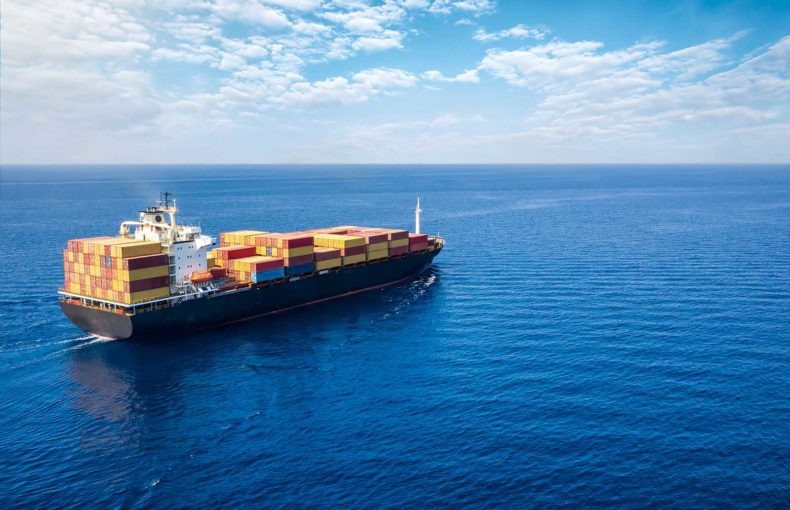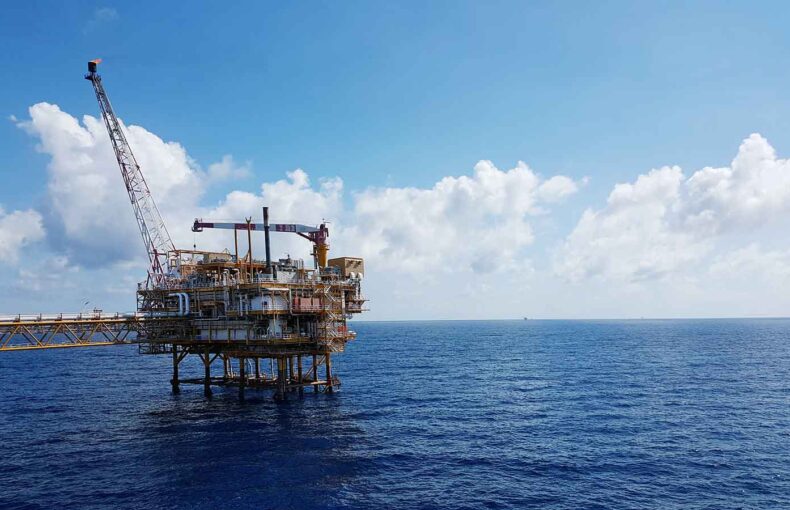Five Reasons to Add Data to your Operations
The maritime industry continues to leverage data to build more efficient operations. We created a free e-book that examines the many ways that data can be used to save on costs, build more efficient operations, and manage risks. In this blog we take a look at a few of the reasons using data has become so popular in Maritime.
The shipping industry plays a critical role in moving vital goods to their destinations and the long hours of operations kept by many ports is evidence of the hectic pace shipping companies manage. Razor-thin profit margins and shrinking operating budgets continue to challenge the shipping industry, and many of these challenges are being helped using data to optimize operations with a focus on fuel economy, port selection, arrival time estimating, and crew staffing. At Spire Maritime, we created a free e-book that examines the many ways that data can be used to save on costs, build more efficient operations, and manage risks. In this e-book we look at the value data can bring to an organization and we use real customer case studies as examples of our data in action.
Actionable data insights are the outcome of well-defined data planning. Once customers define their goals, a data engineer can begin filtering data to help achieve them. Spire offers visualization tools, data support, and a wide array of solutions aimed at solving maritime industry challenges. In this blog we take a look at a few of the reasons using data has become so popular in maritime and what makes data solutions well-suited to this traditional industry.
Analytics and the decision making process
Real-time analytics provide users with a true picture of the maritime landscape, allowing analysis of current and ongoing events to plan voyage logistics. Business planning to enhance productivity benefits from real-time and archived data that focuses on patterns and/or anomaly detection. Well-defined analytics can significantly improve decision-making, minimize risks, and identify areas that require attention.
Proprietary algorithms are advancing at a rapid pace to help busy shipping companies manage the challenges of COVID-19 protocols and climate change, both of which are impeding current processes and shipping routes. Last year, a record number of storms in the Gulf caused port shutdowns and required shippers to choose alternate routes over the course of months. Changes in shipping routes also occurred as a result of the expansion of the Panama Canal.
All of these changes have resulted in digitization efforts moving quickly to help ease the growing burden on maritime shipping companies. Data-driven decision making is now made more accessible to non-data users through niche applications which use customized APIs that are flexible, intelligent, and easy-to-use.
Read more about emerging trends in Maritime data analytics.
Download our free e-book to learn about cost savings that can be achieved through data.
Maritime is a complex industry as many factors impact operations
With mounting weather extremes and COVID-19 protocols constantly shifting with virus numbers, maritime companies have had to learn to adjust timing to accommodate port traffic, political upheaval, the global economy, and fluctuating fuel costs. Maritime is a complex industry with many factors that impact profitability. With so many external factors impacting profit margins and operations, making decisions based on data, whether real-time or archived, can give you a competitive advantage.
Tracking the world fleet however, requires global data that can be sorted and cleaned to address specific use cases to avoid data becoming overwhelming and challenging to visualize.
Data has value when it is fit for its intended use in operations, decision making or planning. This can include the optimization of crude oil trading, harvesting of wheat, distributing airport resources or anything else requiring decision making, operations, and planning.
Digital transformation and solutions
Data helps shipping companies visualize and implement route selection and other factors to deliver better fuel efficiency, lower fuel costs, longer equipment life cycles, lower maintenance costs, and environmental compliance. Maritime operations need reliable tools that make using data quick and easy. Maritime innovators are developing applications and tools to visualize data easily, allowing customers to make data driven decisions in a timely manner.
Comprehensive, global, and offering more than one type of data
Choosing a data provider can be challenging as well and understanding AIS data and adding complementary data, like weather forecasts, ocean currents, and wind speed which deliver great benefits in terms of fuel efficiency, port selection, and routing. Layering various types of data together provides users with a complete picture of their maritime landscape, making decision making easier. Download our free e-book and read more about how our customers are achieving business goals using data and refining their operations in challenging markets.
Additionally, Spire is launching solutions that improve on readily available technologies, like AIS data. Spire launched Enhanced Satellite AIS to provide ship tracking data that outperforms traditional satellite and terrestrial AIS data. The solution provides seamless coverage of the world fleet even in high traffic zones and remote oceans that typically have gaps in AIS coverage resulting in lost ships for a period of time.
Learn more about cost savings that can be achieved using data in this free e-book.
Guided implementation for data that is clean, smart, and easy to use
As data becomes more voluminous and complex, the ability to deliver fast, accurate, and customized data becomes increasingly challenging. All areas of the maritime industry can benefit from data, however there are already evident differences in requirements between shipowners, charterers, and ship operators. As innovation increases, well-defined use cases are becoming more valuable. Data tools are most valuable when they can be easily accessed on a day-to-day basis, so insights can be drawn quickly and acted upon.
Easy to use APIs that are customized for use cases and integrate with dashboards and other technology products are in high demand as maritime companies continue to migrate to data usage to plan daily operations.
Here is a quick graphic detailing what Spire data collected over the course of 2020.
 Written by
Written by


